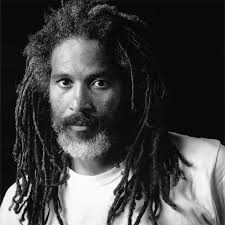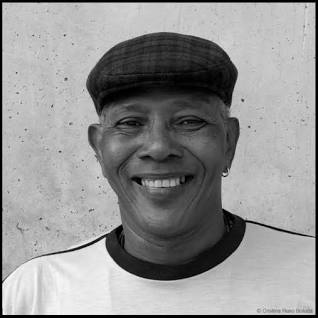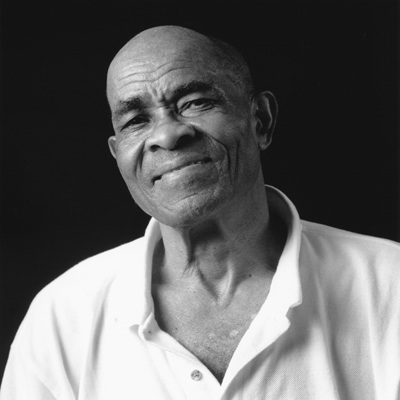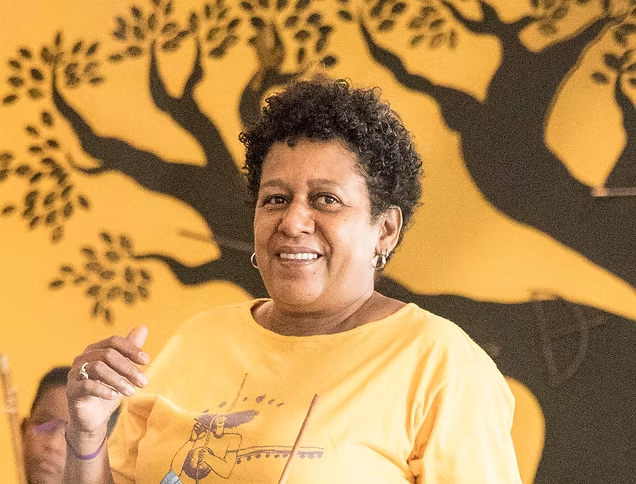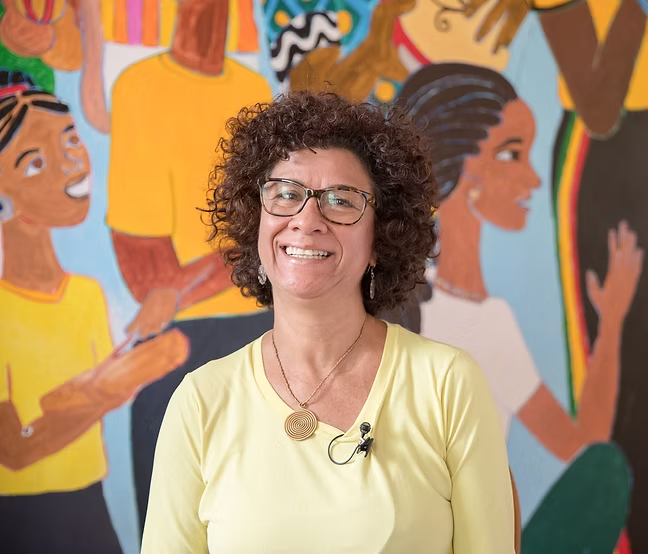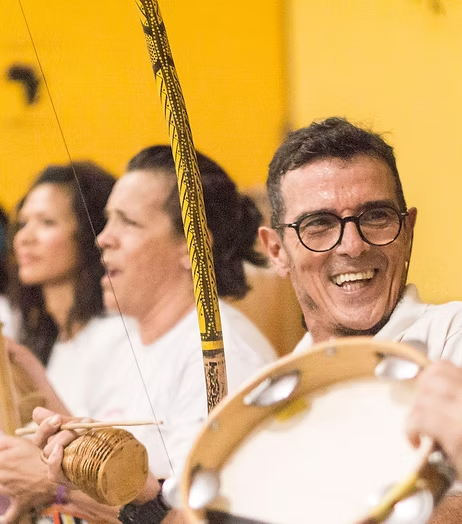Mestre Cobrinha
- Lives in: Duque de Caxias, Brazil
- Date of Birth: 19-May-1960
- Learned from: Mestre Moraes and Mestre Joao Grande
- Capoeira Style: Angola
Biography:
Mestre Cobra Mansa, born Cinézio Feliciano Peçanha and also known as Cobrinha and Cobrinha Mansa, is a mestre (master) of Capoeira Angola. He is a pivotal figure in the global Capoeira community and one of the founders of FICA (Fundaçao Internacional de Capoeira de Angola), also known as the International Capoeira Angola Foundation (ICAF). FICA/ICAF is the largest standing Capoeira organization in the world, with a broad influence across several continents. The organization has schools and centers in North and South America, Europe, and Asia, collaborating with NGOs and other affiliates, especially in the United States.
In 1981, Mestre Cobra Mansa founded the Grupo Capoeira Angola Pelorinho (GCAP) in Salvador, Bahia. The group was initially aimed at children and orphans from difficult backgrounds. However, a divergence in the direction of the school led to Cobrinha’s departure from GCAP, along with several other members, resulting in the formation of FICA. This marked a significant turning point in his career, allowing him to further expand his influence in Capoeira Angola.
Mestre Cobra Mansa began practicing Capoeira in 1973 under the guidance of Josias da Silva and Raimundo in the Duque de Caxias neighborhood of Rio. He participated in local street rodas and was one of the founders of the Caxias Street Roda alongside Rogerio Russo and Peixinho de Caxias. A "roda" is a circle of people that surrounds the game of Capoeira, creating a communal space for its practice. In 1974, Cobra Mansa became a student of Mestre Moraes after witnessing him play at the Roda of Central Brazil, marking the start of a long and dedicated journey in Capoeira Angola.
Before fully dedicating himself to Capoeira, Cobra Mansa worked in various jobs, including as a photographer, a street vendor in the Circo Picolino circus, and even served as a police officer in Belo Horizonte for two years. In 1994, at the invitation of the Aussar Auset Society, he moved to the United States, where he opened a school in Washington, D.C., solely dedicated to Capoeira Angola. During his time in the U.S., he also became an adjunct professor at George Washington University and later served as the president of FICA.
In 2004, Mestre Cobra Mansa returned to Brazil, settling in Salvador, Bahia, where he founded the Kilombo Tenondé, an organization with two locations. One site, in Valença, Bahia, serves as a hub for Capoeira and permaculture, while the other is a cultural center located in the Coutos suburb of Salvador. Kilombo Tenondé represents a fusion of Capoeira practice with sustainable organic farming, promoting both cultural and environmental education.
Mestre Cobra Mansa’s style of Capoeira is known for its grace, deception, and innovation. His nicknames, "Cobra Mansa" (meaning "tame snake") and "Cobrinha" (meaning "little cobra"), reflect his fluid and acrobatic approach to the game. His ability to transform challenging situations with inventive and unexpected solutions has made him one of the most influential practitioners of Capoeira Angola in his generation. While he has maintained a strong focus on Capoeira Angola, Cobra Mansa has also bridged the gap with Capoeira Regional, helping to mend old disagreements between the two branches.
Beyond his remarkable playing style, Mestre Cobra Mansa is deeply respected for his scholarship on the historical and cultural foundations of Capoeira Angola. He is recognized for his dynamic and aggressive style in the roda, as well as his dedication to preserving and teaching the traditions of Capoeira. In recent years, he embarked on a journey to Africa, visiting Angola and Mozambique to study the African roots of Capoeira. His travels included learning about the "N'golo" (Zebra dance) and other African cultural traditions, which have been historically linked to the development of Capoeira. Additionally, he conducted a workshop in South Africa, sharing his extensive knowledge and experiences.
Mestre Cobra Mansa continues to be a leading figure in Capoeira, inspiring younger generations of Capoeiristas worldwide.
